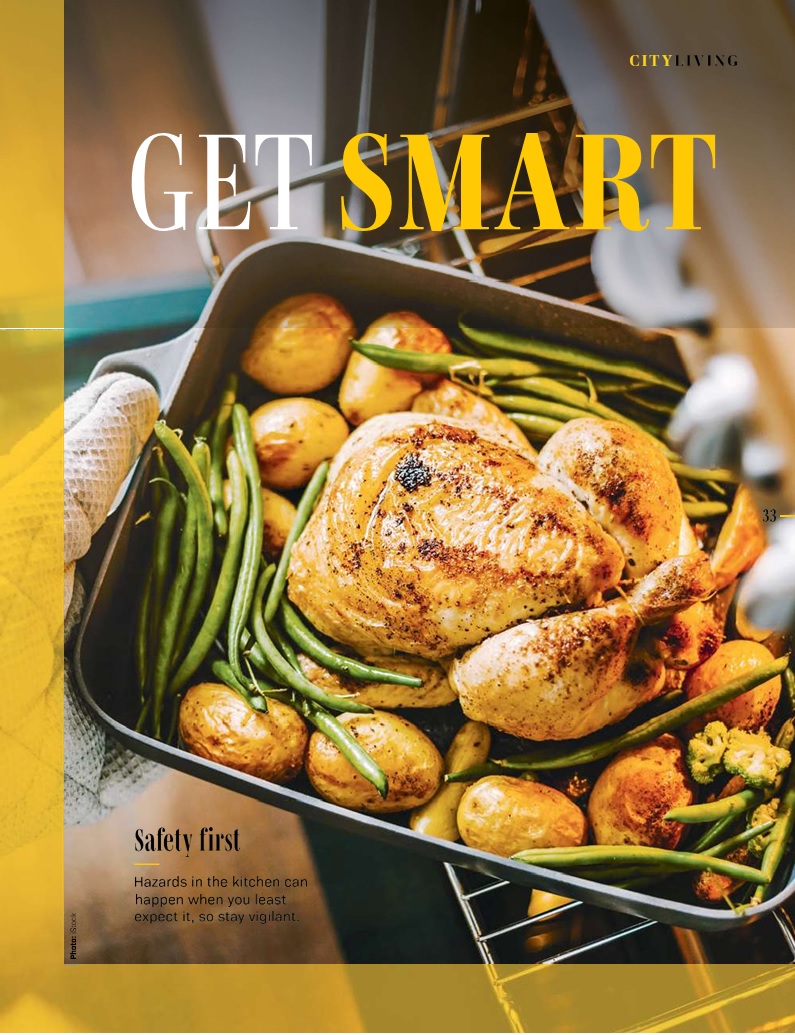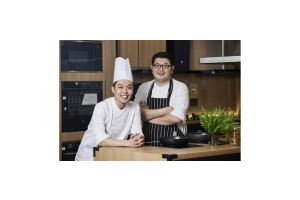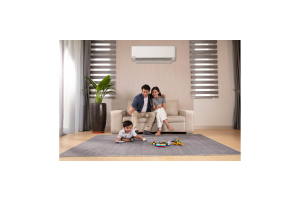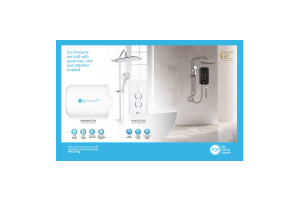Making Your Kitchen a Safe Haven
Safety rules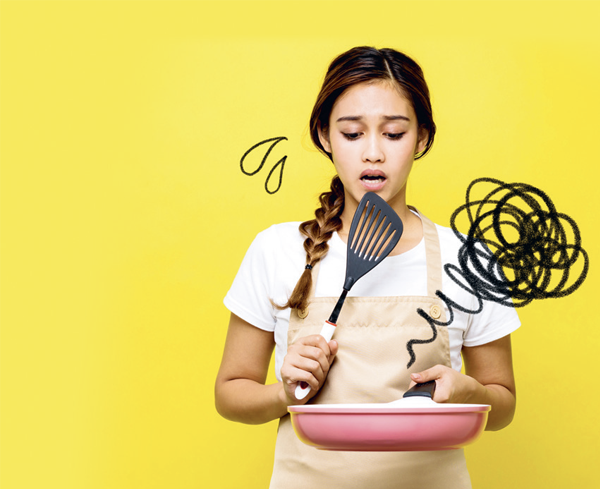
A newbie to the kitchen? Here’s how to keep cooking hazards to a minimum.
With risks of fire, injury and falls, the kitchen is a potential danger zone in the home. All it could take for accidents to happen is stepping away from your cooking for mere seconds. Read on for tips on using your kitchen and caring for your appliances for maximum safety.
Avoid burns and scalds
Burns and scalds are some of the most common injuries in the kitchen. Most people assume that the oven and hob are hot to the touch. But an often-overlooked area is the microwave oven. An extra minute or two can result in overly hot food. So, don’t rush! Handle the plates and bowls carefully when taking them out from the microwave oven. If there is a pot cooking on the hob, be sure to lift the lid away from you to avoid contact with the hot steam.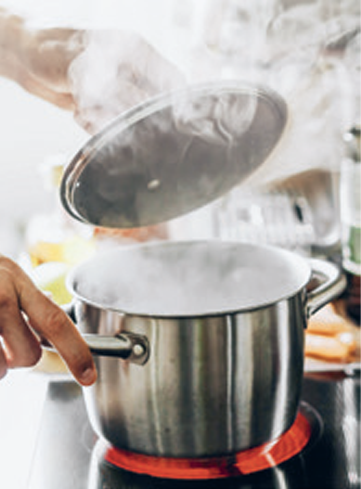
Check for grease
Open flames can ignite into a fire when they come in contact with the oil and fat in the cooking zone. So, clean your cooker hoods and gas hobs regularly to minimise grease build-up. To remove grease more easily, dampen your cleaning cloth with hot water – be careful not to scald yourself – and mix in a few drops of dishwashing liquid.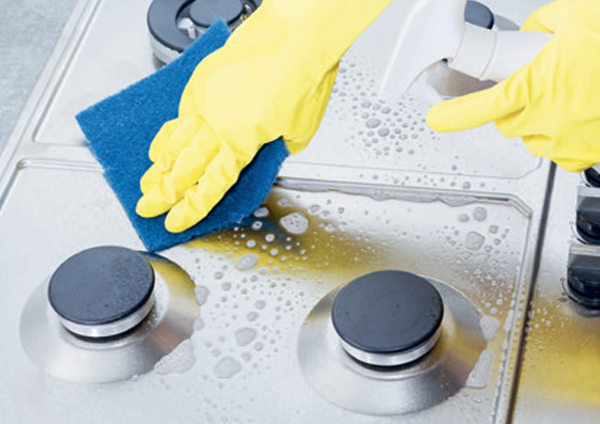
Prevent fires from cooking
Fire can also happen from pans that become too hot, resulting in the oil selfigniting. If a fire occurs, avoid pouring water into the cookware. Cover the cookware with a lid or large damp towel instead. For peace of mind, always keep a fire extinguisher in the kitchen.
Don’t overload the system
Overheating and fires can occur when power points are overloaded. The typical wall socket in Singapore is the 13 ampere Type G socket. It is meant for electrical appliances and devices that need less than 13 ampere of electrical current. Plug larger appliances such as the refrigerator or those that generate heat such as coffee makers, ovens and kettles directly into the wall socket. And always use appliances with the SAFETY Mark.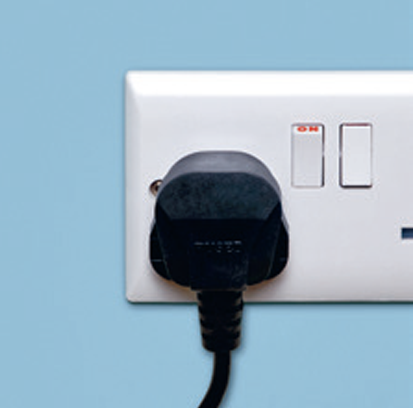
Use your oven often
The oven can cause a power trip if it is not used often. Why? The heating element can collect moisture over time, increasing the conductivity of the white powder inside the heating element. This could trigger a fire when it’s switched on again after it’s been left unused for some time. To prevent water from over accumulating, run the oven at least once a week to allow the heating element to heat up and evaporate any lingering moisture. Leave the oven on for 15 to 20 minutes at a temperature of 150 degrees Celsius.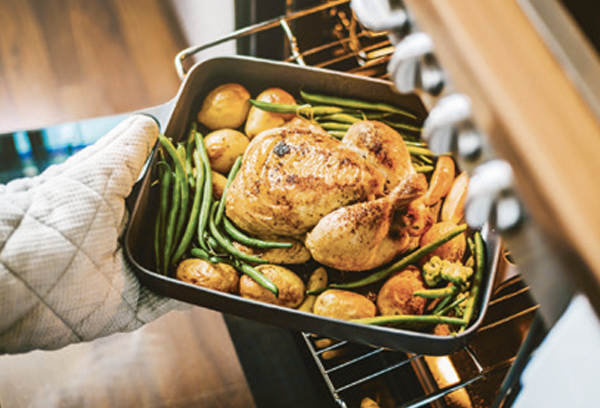
Watch for superheated water
Superheated water refers to water heated without signs of boiling. When water gets superheated in the microwave oven, any slight movement or disturbance can cause the water to explode out of the cup, leading to severe injuries. To reduce the risk of this dangerous phenomenon, add ingredients such as sugar or any instant mix before heating the water.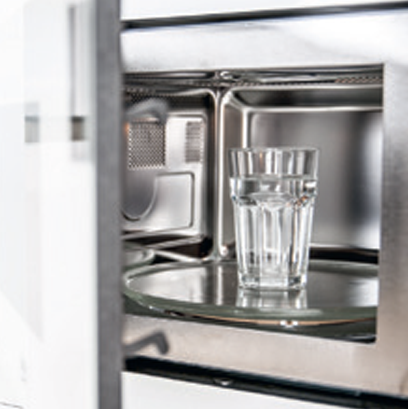
Treat your kitchen gently
Cooking a feast? Remember to place heavy pots and pans gently on your hob, especially if it comes with a tempered glass base. Also known as toughened glass, it can shatter if improperly handled. Cycles of heating and cooling during cooking cause expansion and contraction of hairline cracks or even minor scratches. Also, refrain from placing extra unused pots and pans directly on the glass surface – use a trivet instead. Covering the glass top with aluminium foil can also cause damage as it prevents the heat from dissipating.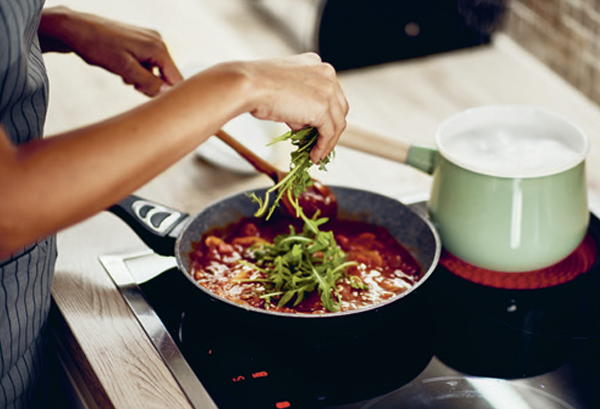
Practise safe dishwasher habits
For busy families, the dishwasher is a lifesaver. Dishwashers use steam to remove stubborn food scraps and leave your dishes sparkling clean. However, the steam can cause injuries as serious as those caused by open flames from the oven, especially if the dishwasher is opened mid-cycle. Also, be mindful when washing knives and other sharp tools as they may lead to injury during unloading. Overloading your dishwasher can also cause breakage of tableware.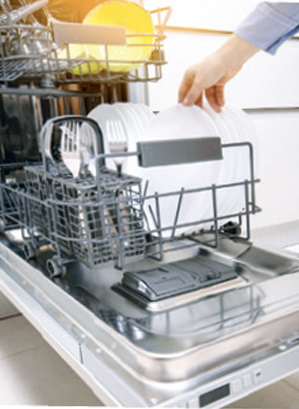
Other safety tips
1 Kids might run in while you are cooking. Or you might make a sudden turn to attend to something. To prevent spills and scalds, keep pot handles inwards away from the edge when cooking on the hob.
2 When cooking on a gas hob, avoid wearing loose clothes and go for fitting clothes instead. If you have long hair, be sure to tie up your hair, which helps in food safety and hygiene too.
3 Always wipe spills on the floor immediately to prevent slippage and falls.
4 Never cut anything in your hand. Use a chopping board when handling knives, and make sure surfaces are dry and non-slip.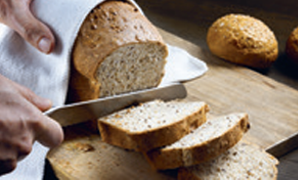
- TEXT Erina Noor
READ MORE: CITY LIVING MAGAZINE | FOLLOW US: Facebook | SHOP NOW: Gain City

